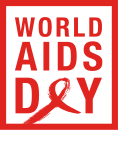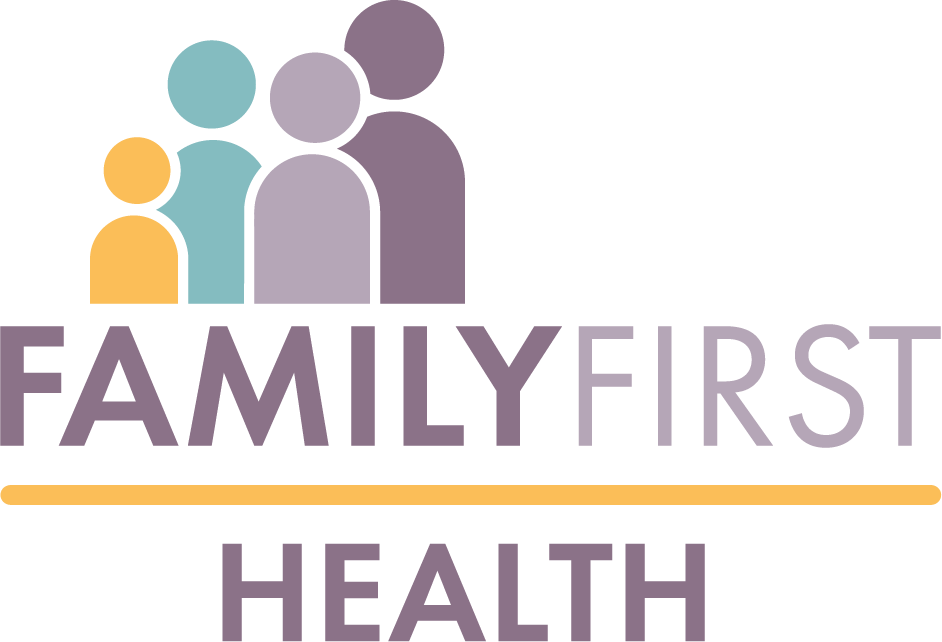 Dec. 1, is World AIDS Day.
Dec. 1, is World AIDS Day.
We wanted to take a few minutes and look at some myths that still surround HIV/AIDS and then show you the reality.
For me, the most important one you should read today is:
Myth: I’m HIV-positive — my life is over.
Reality: In the early years of the disease epidemic, the death rate from AIDS was extremely high. But today, antiretroviral drugs allow HIV-positive people — and even those with AIDS — to live much longer, normal, and productive lives.
If you have HIV/AIDS, your life is NOT over. And you are NOT alone. Come see our Caring Together staff on the third floor of our George Street site in York.
Take a look at more myths and the truth below.
Myth: I can get HIV by being around people who are HIV-positive.
Reality: The evidence shows that HIV is not spread through touch, tears, sweat, or saliva. You cannot catch HIV by:
- Breathing the same air as someone who is HIV-positive
- Touching a toilet seat or doorknob handle after an HIV-positive person
- Drinking from a water fountain
- Hugging, kissing, or shaking hands with someone who is HIV-positive
- Sharing eating utensils with an HIV-positive person
- Using exercise equipment at a gym
Myth: I’m straight and don’t use IV drugs — I won’t become HIV-positive.
Reality: Most men do become HIV-positive through sexual contact with other men. However, about 16% of men and 78% of women become HIV-positive through heterosexual contact.
Myth: AIDS is genocide.
Reality: In one study, as many as 30% of African-Americans and Latinos expressed the view that HIV was a government conspiracy to kill minorities. Instead, higher rates of infection in these populations may be due, in part, to a lower level of health care.
Myth: I don’t need to worry about becoming HIV positive — new drugs will keep me well.
Reality: Yes, antiretroviral drugs are improving and extending the lives of many people who are HIV-positive. However, many of these drugs are expensive and produce serious side effects. None yet provides a cure. Also, drug-resistant strains of HIV make treatment an increasing challenge.
Myth: I can get HIV from mosquitoes.
Reality: Because HIV is spread through blood, people have worried that biting or bloodsucking insects might spread HIV. Several studies, however, show no evidence to support this — even in areas with lots of mosquitoes and cases of HIV. When insects bite, they do not inject the blood of the person or animal they have last bitten. Also, HIV lives for only a short time inside an insect.
Myth: HIV or AIDS can be cured
Reality: To date, there is no cure for HIV or AIDS and there are no vaccines to prevent HIV infection.
Myth: HIV/AIDS is a gay disease.
Reality: Anyone can be susceptible to HIV/AIDS, regardless of their sexual orientation. Everyone is at risk of getting HIV from blood-to-blood contact, sharing needles or unsafe sex. Worldwide, HIV is spread most often through heterosexual contact.
Myth: You cannot get HIV if you are using birth control methods like diaphragms, cervical caps, sponges, spermicides, DepoProvera, Norplant, or the Pill.
Reality: These birth control methods do not prevent the transmission of sexually transmitted diseases (STD) such as HIV. They only aim to prevent pregnancy. The surest way to prevent both pregnancy and an STD is through abstinence. One way people who are sexually active may prevent pregnancy and STD infection is to use a condom in combination with another form of birth control, such as a diaphragm, cervical cap, sponge, spermicide, DepoProvera, Norplant, or the Pill. Birth control products containing the spermicide nonoxynol-9 (found in most contraceptive creams, gels, suppositories, foams, films and sponges) help to prevent pregnancy but may increase the risk of HIV.
Myth: I can’t have more than one sexually transmitted disease (STD) at a time.
Reality: A person can be infected with more than one STD. A person with an untreated STD may also be 6-10 times more likely to pass on or acquire HIV during sex. Risk for infection increases 10 to 300-fold in the presence of a genital ulcer, such as occurs in syphilis or genital herpes.
Myth: There is no such thing as safer sex.
Reality: Safer sex is sexual activity without penetration, or sex with a latex condom or a latex barrier (in the case of oral sex). Although safer sex can substantially reduce the sexual transmission of an STD like HIV, sexual abstinence is the surest way to prevent the sexual transmission of an STD, including HIV.
Myth: I would know if a loved one or I had HIV.
Reality: A person with HIV may not show any symptoms for up to 10 years. Since HIV affects each person differently, many people with HIV can look and feel healthy for years. The only sure way to know is to get tested.
Myth: Getting tested for HIV is pointless.
Reality: Knowing if you are HIV-positive will allow you to seek early treatment that can help you stay healthy longer and enable you not to pass on the virus to someone else. Regardless of your HIV status, you can learn how to prevent further infection from HIV and other STDs through counseling offered at many HIV testing centers.
Myth: When you’re on HIV therapy you can’t transmit the virus to anyone else.
Reality: Antiretroviral drugs don’t keep you from passing the virus to others. Therapy can keep the viral load down to undetectable levels, but HIV is still present in the body and can still be transmitted to others.
